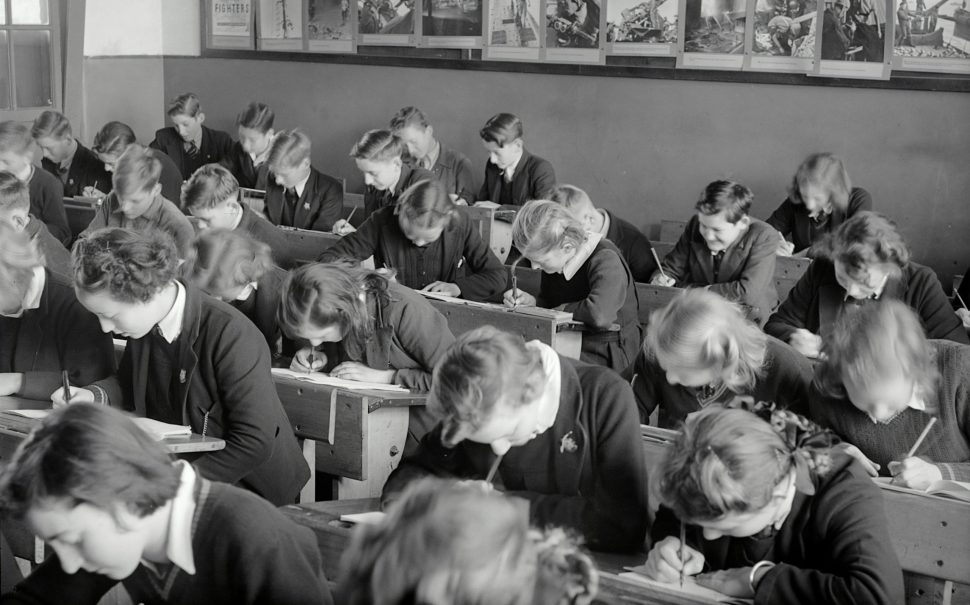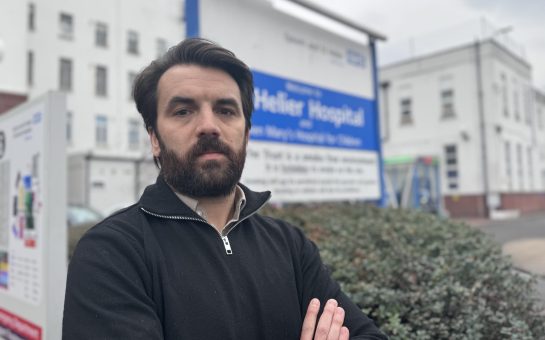SEN students were more likely to get similar GCSE results to their peers in 2024 if they were from higher-income boroughs, according to Government data.
Bexley had the worst attainment gap, with a 20.9 point difference in average score across eight key subjects, whereas Haringey fared best, with a 9.9 point difference.
These findings chime with a Parliamentary Committee report, released last month, which found SEN students faced a postcode lottery of educational support.
However, The SEN Expert CEO Claire Walley argued that these results were due to across-the-board failings.
She said: “For the last 10 years, local authorities have been responsible for providing a level of support they don’t have the funds to provide.
“So they’ve come up with all sorts of different ways of putting parents in a different direction to protect the public purse.
“If you are coming from a more affluent family, you are going to have parents who are going to have more cash flow to supplement the offer that should be coming to your SEN child through your local authority or your state school.”
Semena William, an accountant whose SEN son is now an adult, said poor SEN support from councils and schools derailed her son’s life.
She said: “When we look at our son now, he’s a shadow of the boy he was when they started in year seven, eight.”
William added that councils seemed both incompetent and deliberately obstructive.
For example, children need to be seen by an educational psychologist, ahead of them receiving care.
When William said she would fund her own, the council refused and told her she would have to wait 18 months for one they approved.
Further, despite her son’s school receiving over £10,000 a year for his care, she claimed they were barred from accessing it which instilled a sense of hopelessness in him that affected his life outcomes.
William said: “He feels that he has a deep sense of there’s no point in going to the doctor, there’s no point in going to a counselor.
“There’s no point in talking to anybody, because nobody’s ever going to help.”
The Public Accounts Committee’s report found that only 2.5% of local authority decisions on Education, Health, and Care Plans were appealed at a tribunal in 2023.
But, for 98% of these, the tribunal found partially or wholly in favour of the parent.
Haringey Council’s Cabinet Member for Children, Schools and Families, Councillor Zena Brabazon, said: “By listening to our children, young people and their families, working with our early years settings, schools and colleges, we have strengthened our early intervention approach to ensure that children’s needs are identified earlier and met through a range of universal, targeted and inclusive support.
“This approach has enabled us to tailor our services to their needs through our SEND transformation programme.”





